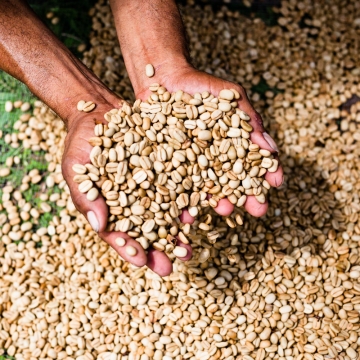Governance of Nationally Appropriate Mitigation Actions (NAMAs) for livestock systems in Latin America and the Caribbean
This document summarizes the governance analysis of bovine livestock NAMAs, or low-emission cattle farming initiatives, that are either underway or in formulation in LAC. It focuses on the legal and institutional frameworks and the key aspects related to stakeholder framework structure and design, associated with an effective and sustainable governance model.
Stakeholders’ perceptions on agricultural land-use change, and associated factors, in Nigeria
Agricultural Land-Use Change (ALUC) is a major driver of global environmental change, not least via its direct impact on the sustainability and resilience of the rural economy. Its drivers are complex and have remained contentious, necessitating further empirical study. This study aims to derive context-specific evidence on the driving factors and effects of ALUC from different stakeholders’ perceptions. We carried out household surveys and participatory rural appraisal across Benue State, Nigeria.
Impact of broad money and exchange rate on agricultural gross domestic product: An unrestricted VAR model approach
Expansionary monetary policy is a major driver of economic changes via money supply. Broad money, which represents total money supply in an economy, has several economic impacts. The study examines the impact of broad money (MS2) and exchange rate (XR) on agricultural gross domestic product (AGDP) in Nigeria. Secondary data from 1981 to 2018were obtained from the Central Bank of Nigeria. Descriptive statistics, Augmented Dickey-Fuller, Johansen Co-integration test and Vector Autoregression model were employed. Broad money had a large coefficient of variation.
Pagination
- Previous page
- Page 12
- Next page
